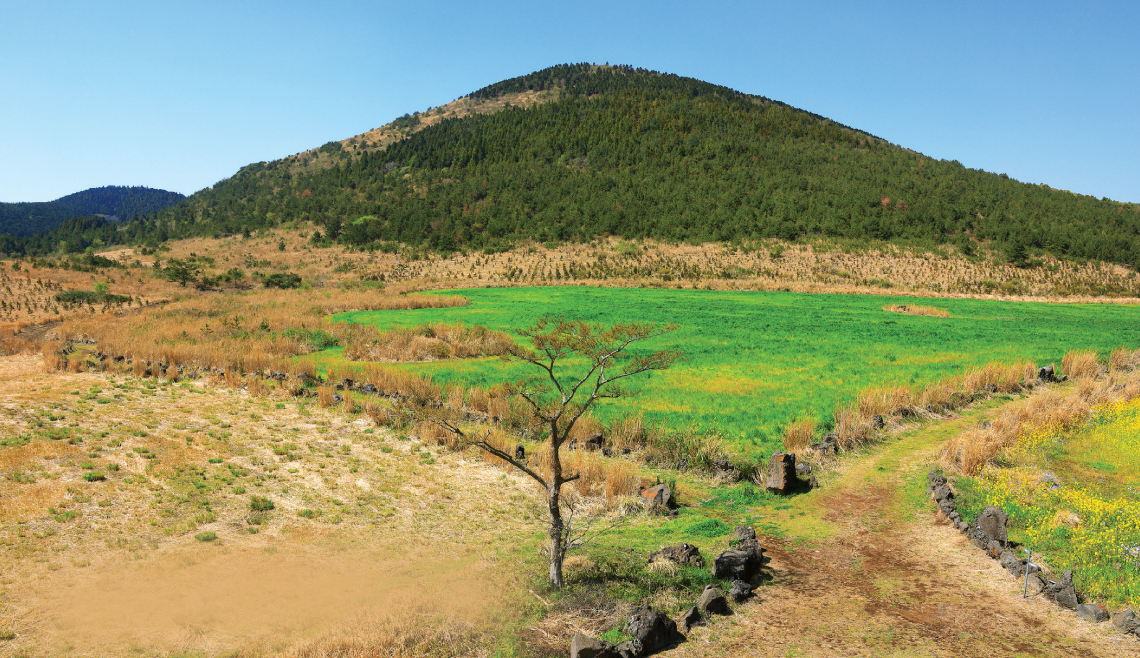AREST
Restoring degraded lands in peninsular India through reforestation and landscape restoration — that’s the idea behind ICC supporting the Alliance for Reversing Ecosystem Service Threats (AREST).
The Alliance consists of diverse organisations, including Ashoka Trust for Research in Ecology and Environment, the International Center for Research in Agroforestry, Columbia University, the Environmental Defense Fund and the Foundation for Ecological Security, each bringing its unique expertise on restoration research and action. AREST is also supported by the Packard Foundation and the Climate and Land Use Alliance.
Enhancing the country’s carbon sink is the big goal in an initiative that also aims to improve rural livelihoods and food security and policies for managing community-owned land and resources.
The Alliance has been working towards developing a roadmap to restore landscapes across four types of ecosystems: open and natural habitats, land infected by invasive species, degraded agricultural lands and riparian zones across India’s semi-arid and sub-humid zones.
The Alliance has identified and mapped the type and extent of degradation across landscapes and has recommended climate-resilient economic pathways.
The data gathered is being extrapolated to create a scientific and socially responsible roadmap that is expected to support government decision-making and targeted investments for the reversal of land degradation. The roadmap will also provide suitable sites for interventions and suggest a set of tools, approaches and implementation projects.
“This scoping has identified about 11 million hectares of degraded agricultural land with the potential for restoration in peninsular India,” says Shloka Nath, who heads ICC. “Through interventions like agroforestry we can meet national targets on green cover without compromising on food security or forest rights.”
